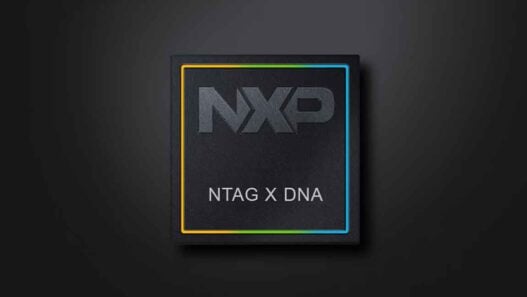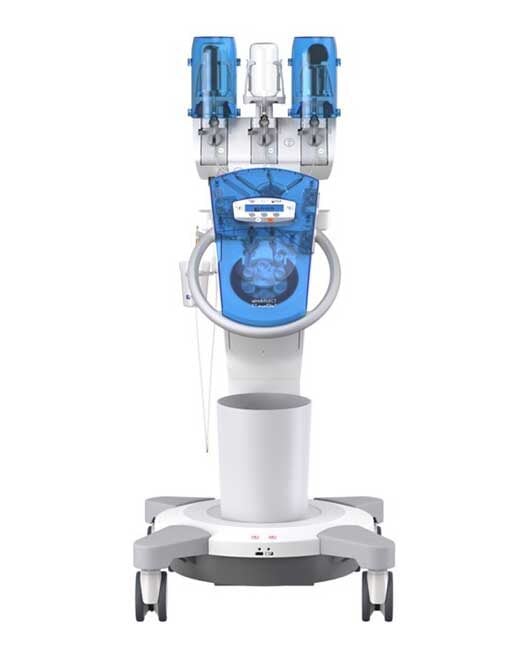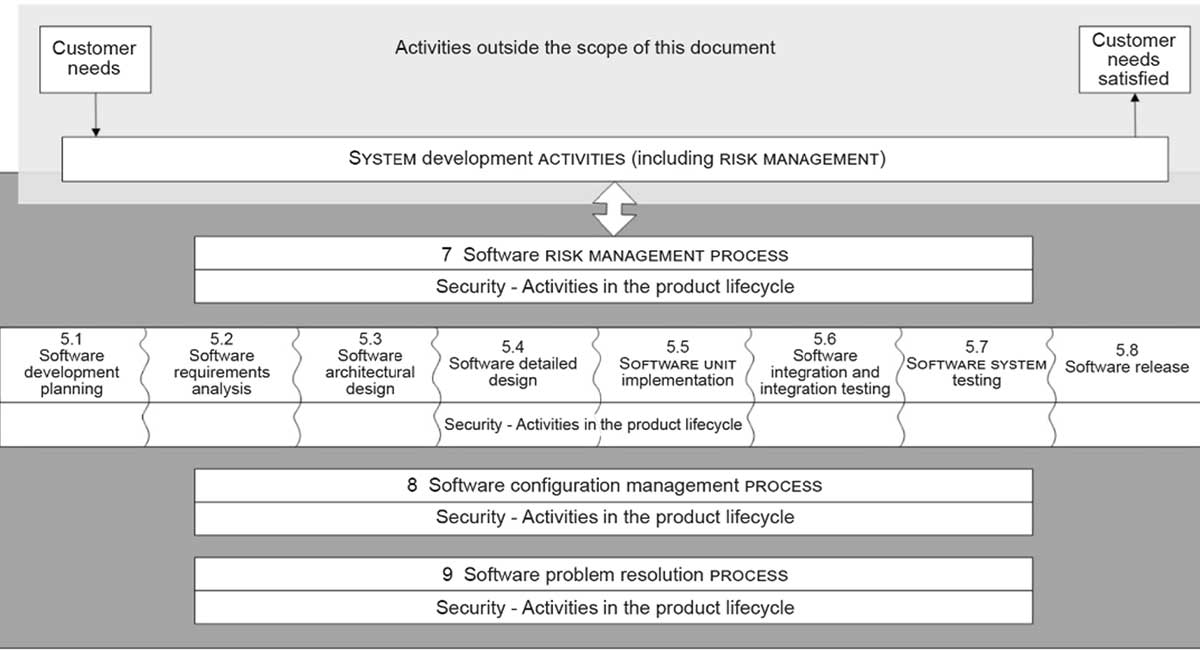For tech giants like Google, Amazon, Apple, and Microsoft, healthcare presents a tremendous business opportunity – it’s no wonder that these top tech companies are looking to lead healthcare innovation. At a high level, each of the ‘big’ tech companies are leveraging their own core business strengths to reinvent healthcare by developing and collaborating on new tools for patients and healthcare providers that will position them for healthcare domination.
Amazon already on the go
Amazon has made it clear that it’s entering the healthcare industry through multiple arenas. In 2014, Amazon first entered the medical supplies business with a deal through Cardinal Health and as a result, is now licensed to distribute medical supplies to providers in 43 states. Considering how the cost of medical supplies are second only to labour for hospital spending, and with its 100 million Amazon Prime members and supply chain expertise, the company is poised to completely change healthcare supply chain landscape.
The following are some ways in which Amazon is targeting the healthcare sector:
Amazon: The Healthcare Cloud
In the cloud computing arena, Amazon Web Services (AWS) has been pitching to healthcare players going head-to-head against Microsoft and Google. AWS invested in 10 start-ups in 2017 and is betting heavily on AI and Alexa driven ecosystems.
One of the latest analysis services by Amazon is ‘Amazon Comprehend Medical’. This cloud service structures and interprets medical data from different types of sources, including electronic health records and clinical trial reports. Soon, these analyses will be enriched by Alexa’s acquired medical data, which will lead to even more holistic and improved treatment plans.
Amazon: The Pharmacy
In 2018 Amazon bought PillPack, a company that’s the equivalent of Prime for medications, delivering drugs through the post, and refilling prescriptions when needed.
PillPack is a good fit for Amazon. The company is loved by its customers, claiming an NPS score of 80 compared to the pharmacy average of 26. Additionally, PillPack’s platform for prescription management known as pharmacyOS shares similarities with Amazon’s order management and fulfilment services ‘Fulfilment by Amazon’ (FBA).
This acquisition is also being put to work as part of Amazon Care, with meds delivered to users’ homes. Amazon’s strengths in hardware, as well as its computing and analytics resources through AWS, could help Amazon Care in managing medicine deliveries, not only for employers, but globally.
Amazon’s Alexa
Amazon’s digital assistant Alexa has mostly been used to play music, inform about the weather or to remind you of appointments. In the near future, however, this technology might cause a disruptive change in our daily lives by virtual disease detection, monitoring and consultation at home. Soon, Alexa will be able to identify diseases by asking health questions and analysing your answers by AI-based natural language processing methods.
In addition to its impact on disease diagnosis, Alexa is also changing drug development by its application in clinical trials. For example, it has been used to motivate cancer patients to increase their physical activity and diet. By reporting the daily health status to Alexa, discussing treatment-associated issues or being reminded to take medicine, Alexa might strongly improve clinical trial outcomes and could therefore significantly reduce drug development costs.
Amazon is already looking into developing an ecosystem for third party healthcare applications for Alexa. It funded the Alexa Diabetes Challenge. The Alexa app platform has lightweight healthcare apps from institutions like the Mayo Clinic and Libertana to answer medical Q&A, send alerts in emergencies, and help communicate with caregivers. As per a report by Future Market Insights (FMI), virtual assistants in the healthcare industry will assist in transforming various health processes and improve healthcare delivery, worldwide.
Amazon hospitals
Since 2018 Amazon has aimed at opening its own primary care health clinics. These hospitals will not be standard clinics as we know them today. Instead, Amazon will leverage its data driven technologies, for example by applying a new Amazons AWS cloud service called Amazon Neptune Technology.
This service allows an easy management of connected health datasets for faster application development. The official motivation of Amazon to establish its own hospitals is to reduce costs of health care services. Apart from this, Amazon will gain highly valuable insights into the complex and regulated health clinics market. This know-how could then be easily scaled up allowing Amazon to become a leading hospital operator which offers innovative data-driven treatment options.
How other tech giants are leading healthcare technology innovation
Google sees the future of healthcare through the lens of structured AI and rightly so, considering about a third of the world data is generated from the healthcare industry. By leveraging its strengths in AI and machine learning to make sense of vast amounts of health data, Google can position itself as a healthcare innovation leader. At a high level, Google aims to stand out in healthcare by applying its AI capabilities in the areas of disease detection, data interoperability, and health insurance.
Apple carved a niche for itself as one of the top tech companies in healthcare with a focus on patient facing products, securing one of nine coveted spots in the FDA’s Digital Health Software Precertification Programme.
In November 2017, Apple partnered with Stanford Medicine to conduct the Apple Heart Study which uses the heart rate sensors in the Apple Watch to collect irregular heartbeat data and notify users of potentially life-threatening conditions like atrial fibrillation. Additionally, with this collaboration, Apple aims to improve the technology used to detect abnormal heart beats.
Other examples of Apple using its products to track diseases include using the iPhone X for vision tests, a hearing test feature in its AirPods, as well as a speech recognition tool to detect speech impediments associated with stroke.
Microsoft is betting that healthcare will be AI-driven with Healthcare NExT, its healthcare initiative. Healthcare NExT aims to transform healthcare by combining research and health product development. The initiative also includes collaborations with healthcare partners and Microsoft’s AI resources and cloud solutions with the goal of capturing AI opportunities while continuing to innovate health technologies. There are currently 22 companies that are part of the Microsoft AI in Health Partner Alliance.
The future of healthcare innovation lies in collaboration
Digital innovation has forever changed the way people interact and communicate. Coupled with the fact that the trillion-dollar healthcare industry is up for disruption, this presents a business opportunity especially for global tech companies.
Each of the ‘big’ tech companies are seeking to emerge as leaders in healthcare, leveraging their core business strengths. Google in data, Apple in consumer devices, Amazon as an online-retail giant, and Microsoft as a trusted leader in healthcare IT. Not only are the top tech companies seeking to innovate the industry, but they’re also seeking partnerships, talent, and minds to aid in the fight to emerge as the champion of healthcare.















